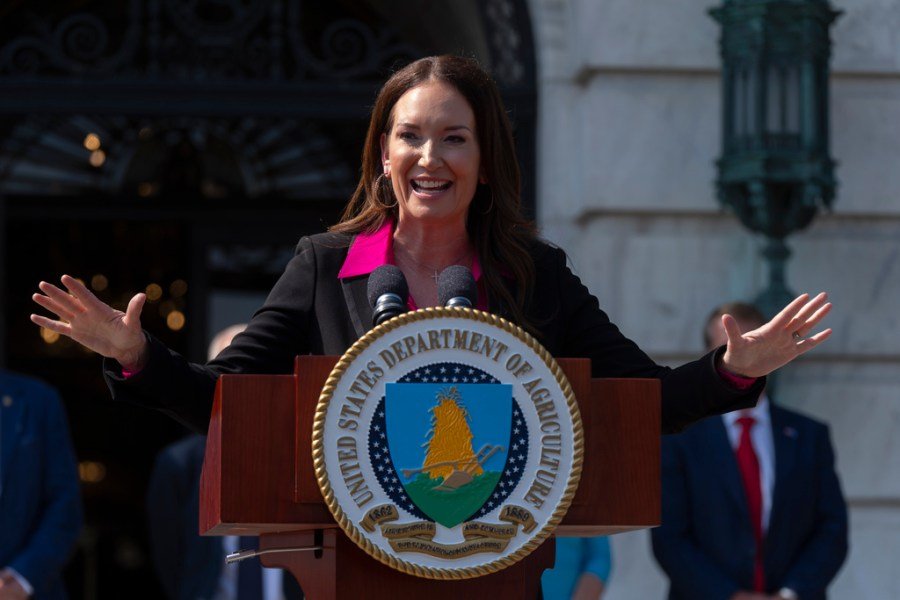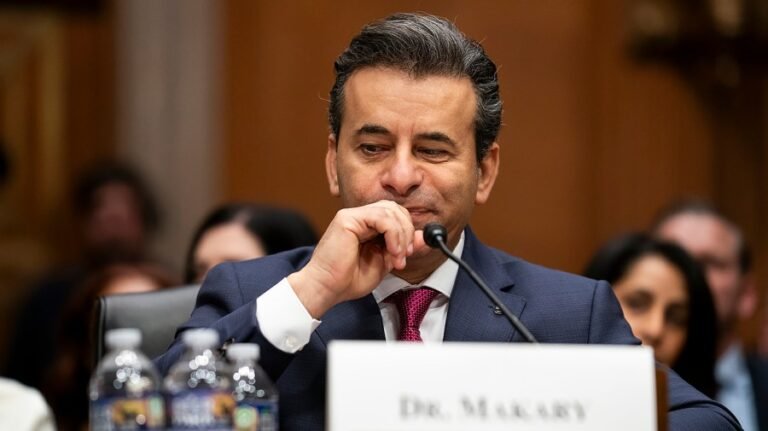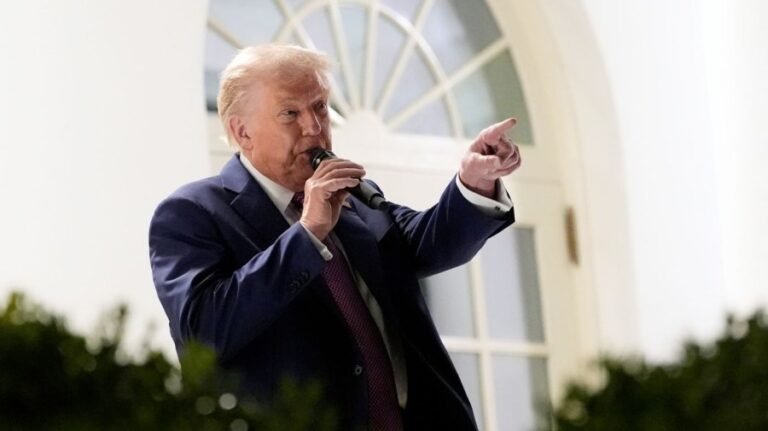
Farmers are the backbone of our nation’s food security and rural economies. Having spent my life working in and advocating for the agriculture industry, I am familiar with the many challenges it faces. Today, the newest threat to the industry is not a pest or a weed, but our greatest foreign adversary.
Through my role on the House Appropriations Committee and the House Select Committee on the Chinese Communist Party, China’s efforts to quietly buy up American farmland over the last decade have become one of my top issues. In that spirit, we recently secured major victory in the fight to keep the Chinese Communist Party out of our food supply chains.
On July 10, the Department of Agriculture and the Department of the Treasury announced a landmark Memorandum of Understanding to have the secretary of Agriculture join the Committee on the Foreign Investment in the United States. This action implements Section 787 of the Consolidated Appropriations Act of 2024 directing the secretary to be added, a provision I secured as a member of the Appropriations Subcommittee on Agriculture, Rural Development, and Food and Drug Administration.
While foreign investment in American property is not a new concept, the Chinese Communist Party’s strategic purchasing of land near national security sites, critical domestic infrastructure and food processing sites raises serious red flags, prompting a heightened need to have the secretary of Agriculture at the Committee on the Foreign Investment in the United States’ table.
The Committee on the Foreign Investment in the United States is tasked with reviewing foreign transactions within the U.S., particularly those with national security implications. Historically, the agriculture industry has been underrepresented on the agency, and a 2024 Government Accountability Office report identified serious flaws in the Department of Agriculture’s foreign investment reporting required by the Agriculture Foreign Investment Disclosure Act of 1978.
This indicates to Congress, and farmers across the country, that Department of Agriculture cannot report reliable information about how much U.S. agriculture land is held by foreign persons, and where that land is located.
The Government Accountability Office even recognizes that while foreign investors are required under Agriculture Foreign Investment Disclosure Act to submit the nature of transactions to the Department of Agriculture, it was not created as a national security measure and is inherently focused on data collection rather than national security concerns.
In the most recent years, as this issue has come into the spotlight, many skeptics suggest that the portion of U.S. farmland owned by the Chinese Communist Party-affiliated entities is insignificant when considering the total amount of foreign-owned land across the country.
In a 2022 report, the Department of Agriculture reported that Chinese affiliated holding companies owned around 1 percent of U.S. farmland. However, the agency explained that due to its reporting mechanisms, the amount owned should be interpreted as a minimum, and that individuals associated with multi-country investment groups or groups with complex organizational structures can lead to under-reported holdings.
The U.S. should be in the business of allowing investments that contribute positively to our economies and supply chains. Ensuring that investments are not connected to the Chinese Communist Party, or other adversaries, is critical in creating growth in our economy and eliminating vulnerabilities in our national security.
Adding the secretary of Agriculture to the committee will not hamper the ability of Chinese citizens not affiliated with the Communist Party to purchase land. Rather, it will protect our domestic interests from those who seek to weaken our institutions. The U.S. is currently positioned to take preventive action to keep this trend from worsening and ensure we do not wake up in ten years and wish we had done something about it when we had the chance.
Agriculture Secretary Brooke Rollins has committed to tackling this issue head on, and I look forward to working with her and the administration to protect the farmers and ranchers who can now look to the federal government to ensure land purchases are in the best interests of our food security and national security.
Dan Newhouse represents Washington’s 4th District in Congress and is a member of the House Appropriations Committee, House Agriculture Committee, and House Select Committee on the Chinese Communist Party.


